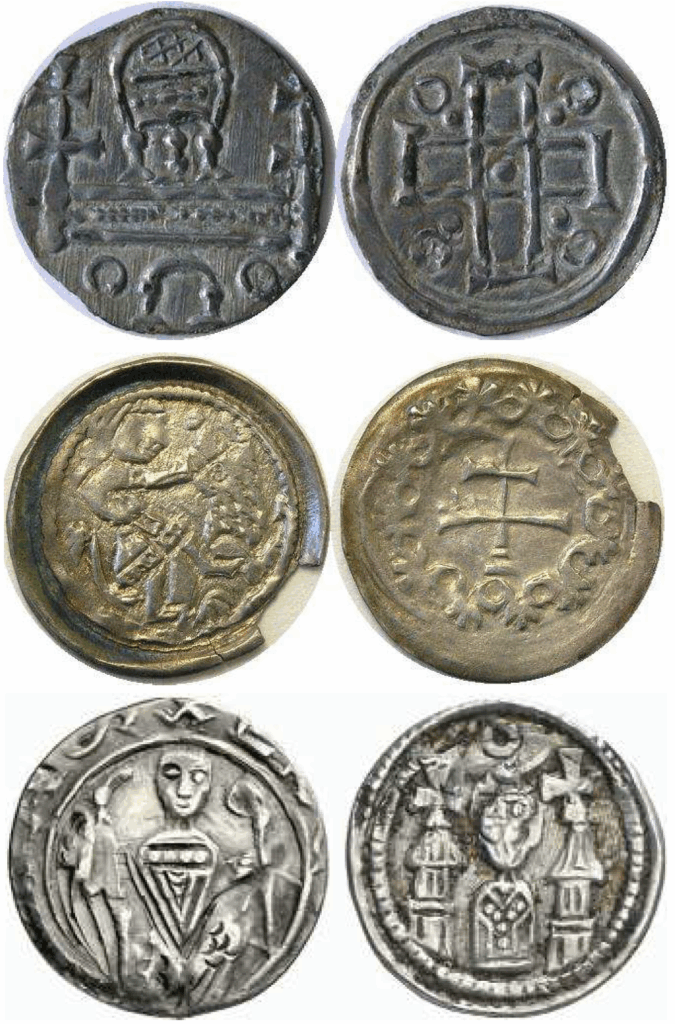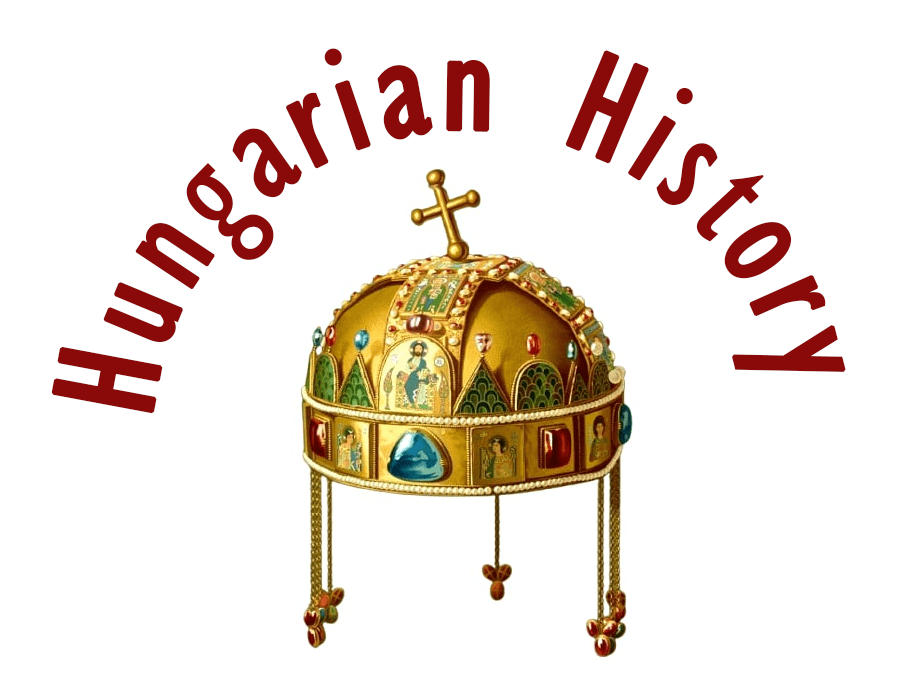The Golden Bull was issued on 24 April 1222 in Hungary.
It is one of the pillars of developing the Hungarian constitution and establishing the parliamentary system. The publication of the Golden Bull was preceded by an outbreak of general discontent during the reign of King András II (r. 1205-1235), which affected almost all sections of society with rights.

Tensions among the barons were caused by the fact that András had given many positions to his foreign confidants and, in his financial difficulties, had sought financial help from the Saracens and the Jews, who had gained considerable influence in the Hungarian salt trade through usury.
The lower nobility (called “serviens”) were negatively affected by the decline of the royal influence from another side, they blamed András for the violation of their rights and the dominance of the barons. Thus, after the weakening of the royal counties and the distribution of lands, the lower nobility did not influence some regions.

As a result of the tension arising from the grievances, the various social groups who allied themselves forced András II to accept their demands and enact them into law in the legislative days of 1222. It was how the Bull was issued by King András II, and it was the first royal charter in the history of Hungary. It is considered one of the most important milestones in the history of Hungarian law, limiting the power of the king and guaranteeing the rights and privileges of the nobility.
András solemnly vowed to give the customs offices and the main offices to the nobles of the country and to break with his previous policy and try to stabilize his financial situation by not donating whole counties. Also critical of the royal economic policy was the passage in which András II promised not to mint new money more than once a year.

The so-called ” chamber money ” was an important treasury revenue: the king confiscated the coins in circulation and issued new ones with a lower precious metal content. The difference became the chamber’s profit, which was too often used by kings in distress.
As for the Servians (lower nobility), the monarch ensured that their estates were exempt from taxation (they were also exempt from the obligation to provide accommodation) and made their military service beyond the borders compulsory only at the monarch’s expense.

They were also favored by the clause that made it compulsory to hold the annual Law Days in Székesfehérvár, which were a forum for the presentation of grievances. The privileges granted to the Servians in the 11 points were the source of the later Tripartitum of Werbőczy István of 1514, which gave them their fundamental noble rights.
The Golden Bull also regulated the inheritance of landed estates, creating the Daughters’ Quarter, which was given to the daughters of landowners who died without a son. One of the most famous points of the charter was Section 31, the Resistance Clause, which allowed the ecclesiastical and secular dignitaries of Hungary to take action against a ruler who did not uphold the law.

Although the provisions of the Golden Bull could not be fully enforced by the rulers, it was able to lay the foundations of the parliamentary system through its repeated renewal, and can therefore rightly be called one of the most important stages in the development of constitutional law in Hungary.
Undoubtedly, it is a similar document to the English Magna Carta (1215). Among other things, the Golden Bull (Aranybulla) limited the judicial power of the ispáns (Comes) in favor of the royal servants (“jobbágyok”, the armed followers of the noblemen), but it also regulated the rights of the developing class of the gentry, the men-at-arms.

According to the following paragraphs (XIII and XIV):
“The mean-at-arms of the noblemen should visit the king’s court without pillaging and plundering the poor while doing so.
Furthermore: if a Comes does not behave himself as it is befitting to his count or if he is oppressing his people, their crime should be proven and they should be deprived of their entire possessions and title in public for everybody to see; and whatever he had wickedly dragged away, should be given back.”

In Hungarian, it sounds like this:
“A jobbágyok (értsd: várjobbágyok, a helyi hadurak fegyveres kísérete) úgy járjanak a király udvarába, vagy akárhová mennek, hogy a szegényeket ne nyomorgassák, ne fosszák.
Továbbá: ha valamely vár ispánja nem oly tisztességesen viseli magát, mint az ő megyéjéhez illik, vagy népét nyomorgatja: reá bizonyodván ez, az egész ország előtt szégyenére fosztassák meg méltóságától, és amit gonoszul elvonszott, adja vissza”

Several monarchs renewed the Golden Bull, but in their coronation oaths, all Hungarian kings swore to uphold the legal provisions of the charter. The only major change was the Diet of Sopron in 1687, where the Estates abolished the resistance clause after the recapture of Buda, which did not favor the Habsburgs.
(Sources: Hungarian Research Institute, and the Rubicon Magazine)

Dear Readers, I can only make this content available through small donations or by selling my books or T-shirts.
Please, support me with a coffee here: https://www.buymeacoffee.com/duhoxoxa
You can check out my books on Amazon or Draft2Digital. They are available in hardcover, paperback, or ebook:
https://www.amazon.com/dp/198020490X or at https://books2read.com/b/boYd81

My work can also be followed and supported on Patreon: Become a Patron!http://Become a Patron!
Become a Patron! Donations can be sent by PayPal, too: https://tinyurl.com/yknsvbk7


https://hungarianottomanwars.myspreadshop.com/all
Subscribe to my newsletter here: https://tinyurl.com/4jdjbfkn

